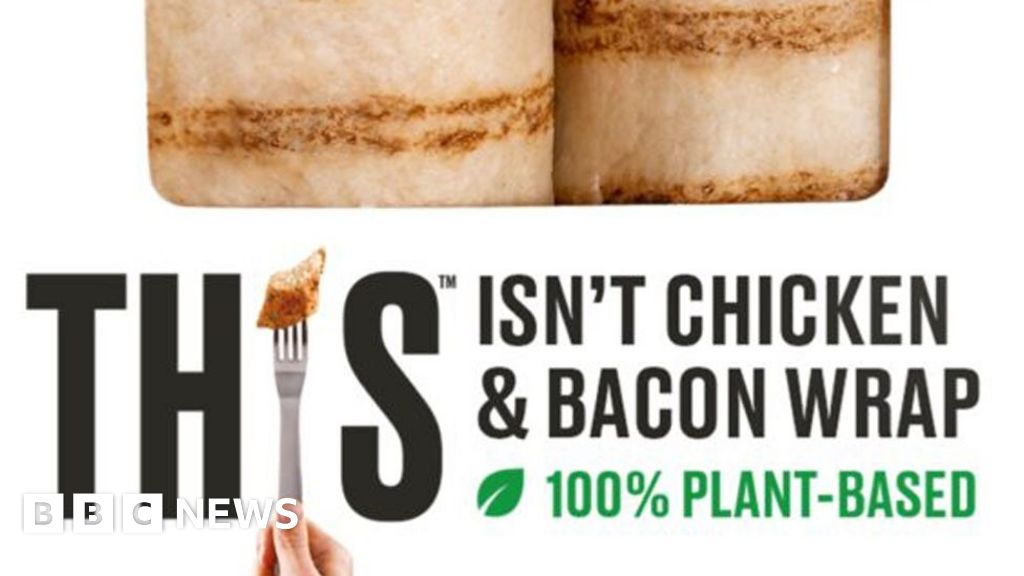Time: 2024-06-20

An E. coli outbreak that has affected over 200 people has been linked to lettuce, sparking concerns about the safety of consuming this popular salad ingredient. The Food Standards Agency (FSA) mentioned that it is too early to determine the source of contamination in the lettuce leaves but is confident that it is the root cause. As a precautionary measure, three companies have recalled numerous sandwiches and wraps that were sold in supermarkets.
In the process of determining how E. coli could have contaminated the lettuce, Professor Jim Monaghan explained that the pathogenic strains of the bacteria can be found in dairy herds and can end up on the lettuce leaves through direct or indirect contamination. Farmers must follow strict protocols to prevent contamination, such as testing irrigation water for E. coli presence and avoiding planting salad in flood-prone areas.
Despite the outbreak, experts like Professor Monaghan have not changed their salad-buying habits, citing confidence in the risk management practices of UK growers. However, the recent recall of salads and sandwiches indicates that contaminated products have been removed from the supply chain. Even though washing lettuce reduces the bacteria, it does not eliminate it entirely, highlighting the challenges in eradicating E. coli.
In a separate incident, a plant-based chicken and bacon wrap sold exclusively at WH Smith has been recalled by manufacturer THIS! over E. coli fears. The FSA stressed that E. coli was not detected in the product but the recall was a precautionary step. This recall follows similar actions by other suppliers like Greencore Group and Samworth Brothers Manton Wood, who recalled various pre-packed sandwiches, wraps, and salads due to potential contamination.
The FSA reported that more than 200 people in the UK have been affected by E. coli, with 42% of cases requiring hospital admission. The outbreak has been linked to food readily available to the public, making it challenging to pinpoint specific items. Despite ongoing investigations by various agencies, including the FSA, Food Standards Scotland, and UK Health Security Agency, tracing the exact source of the bacteria remains complex.
Experts suggest precautions like washing salad leaves, fruits, and vegetables to prevent infection, especially for vulnerable populations such as young children and the elderly. The recall of multiple products indicates a proactive approach by manufacturers to address the E. coli outbreak and ensure consumer safety.